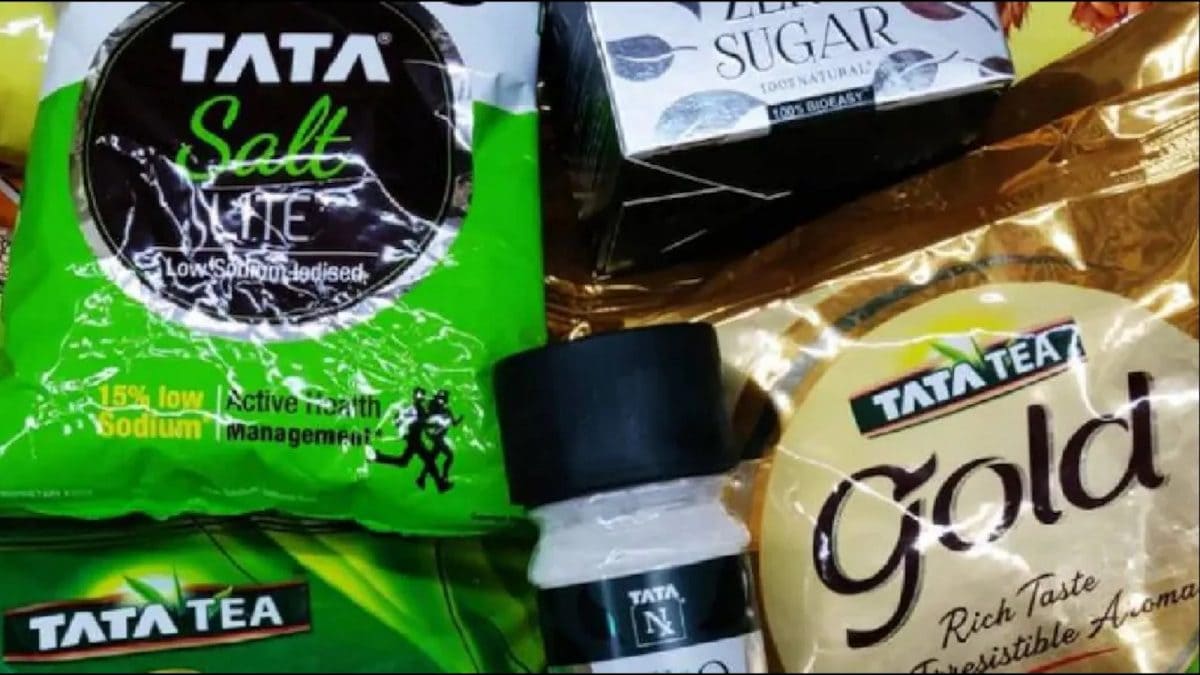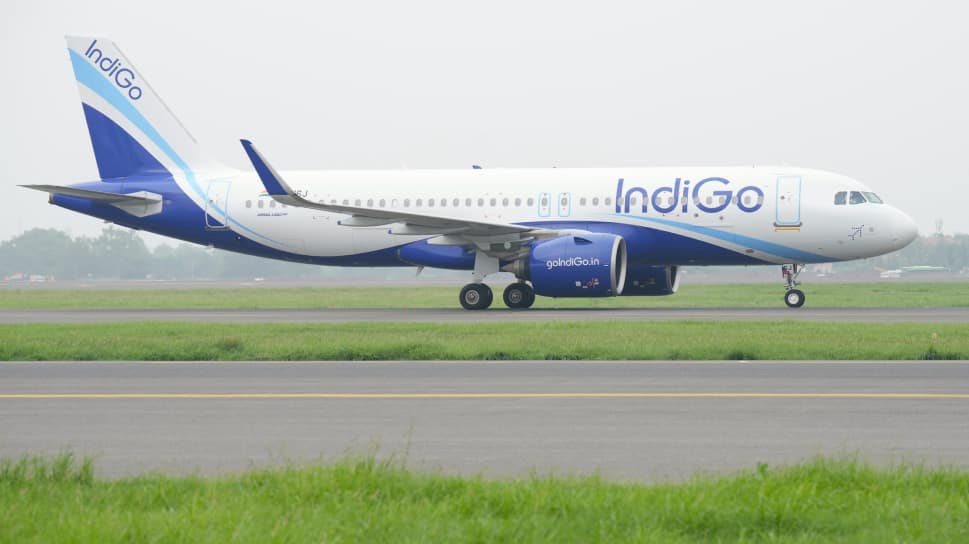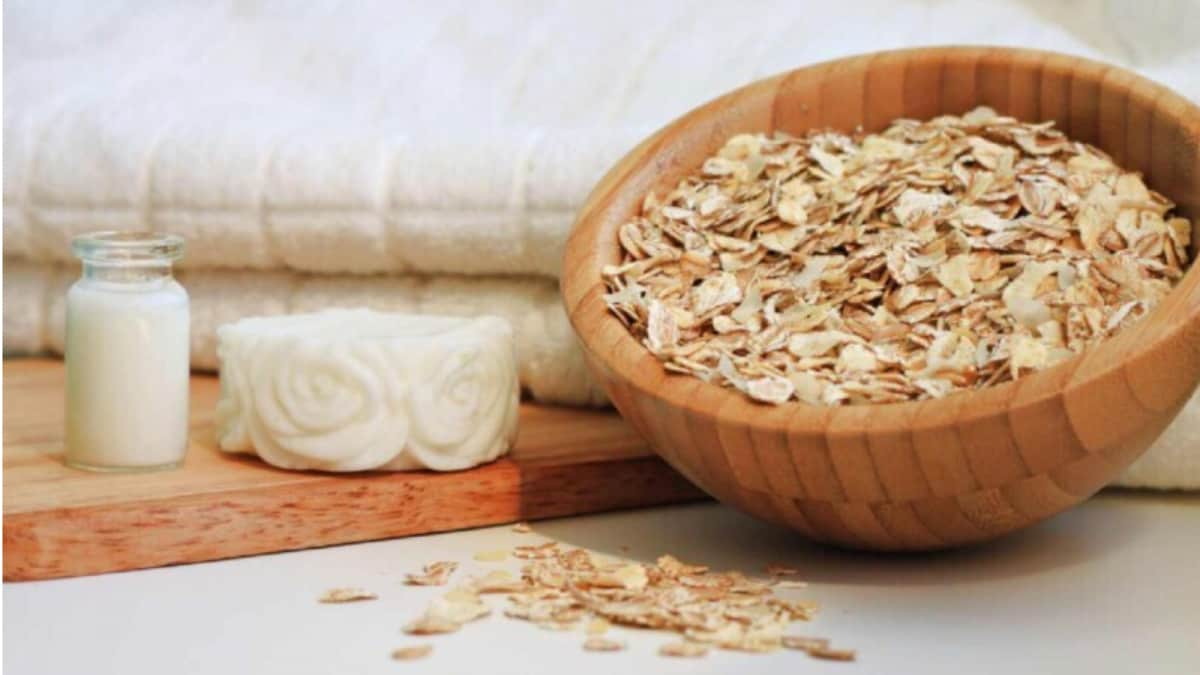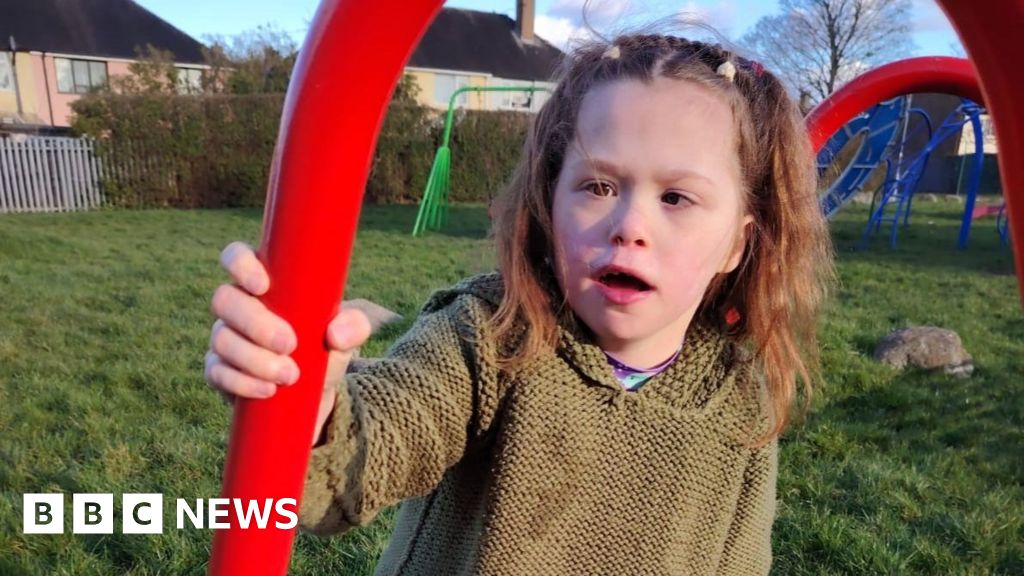Knee pain, a persistent woe for many runners, can be a stumbling block in the pursuit of an active lifestyle. Delving into the intricacies of this discomfort unveils various causes, shedding light on the importance of understanding and addressing these issues for runners and fitness enthusiasts alike.
In an interview with Zee News English, Dr Rajeev Raman, Consultant Orthopaedic Surgeon, AMRI Hospital, Kolkata shares the reasons why knees pain after running or extensive leg workouts.
Dr Rajeev says, “One of the most prevalent running-related conditions is Runner’s knee, also known as Patellofemoral pain syndrome. This pain, typically felt around or behind the kneecap, often arises from repetitive knee movements and can become chronic if left untreated. Stemming from repetitive knee movements, this ailment can evolve into a chronic concern if not addressed promptly. Uncover the nuances of Runner’s knee and explore strategies to prevent and manage this prevalent issue.”
Causes of Knee Pain
For runners, the fine line between pushing limits and overtraining can have repercussions on knee health. A sudden surge in workout intensity can strain the knees, leading to pain and potential injuries. Find out how finding the right balance in training intensity is crucial for preserving the well-being of your knees.
Proper vs Improper Running: What is the correct form while running?
“Running with improper biomechanics, such as landing heavily on the heels or overstriding, is akin to setting the stage for knee troubles,” hihglights Dr Rajeev. Understand the correlation between running form and knee pain, and learn how making adjustments can alleviate stress on your knees during each stride.
Importance of Choosing the Right Footwear for Running
Your choice of running shoes can make or break your knee health. “Wearing the wrong type of shoes or running in worn-out sneakers can disrupt the alignment of your feet and the distribution of forces during each step. Delve into the importance of proper footwear, understanding how inadequate support or cushioning can contribute to overpronation or supination, ultimately leading to persistent knee pain”, comments Dr Rajeev.
Managing Knee Pain: Tip for Pain Relief
Dr Rajeev shares, “Addressing knee pain involves a multifaceted approach, encompassing physical therapy, anti-inflammatory medications, and lifestyle modifications. In cases of meniscal or ligament injuries, surgical interventions like arthroscopy may be recommended, emphasizing the significance of post-surgery physiotherapy for a comprehensive recovery.”
While not exclusive to runners, arthritis emerges as a potential concern for those who love to pound the pavement. The repetitive impact of running can accelerate cartilage degeneration, resulting in pain and hindering performance. Investigate the nuances of arthritis in the context of running, emphasizing early diagnosis and management to preserve joint health and avert further damage.
Embarking on a journey toward pain-free running requires a holistic understanding of the diverse factors contributing to knee discomfort. Equip yourself with knowledge and adopt preventative measures to ensure that your passion for running remains an enjoyable and sustainable pursuit.















































